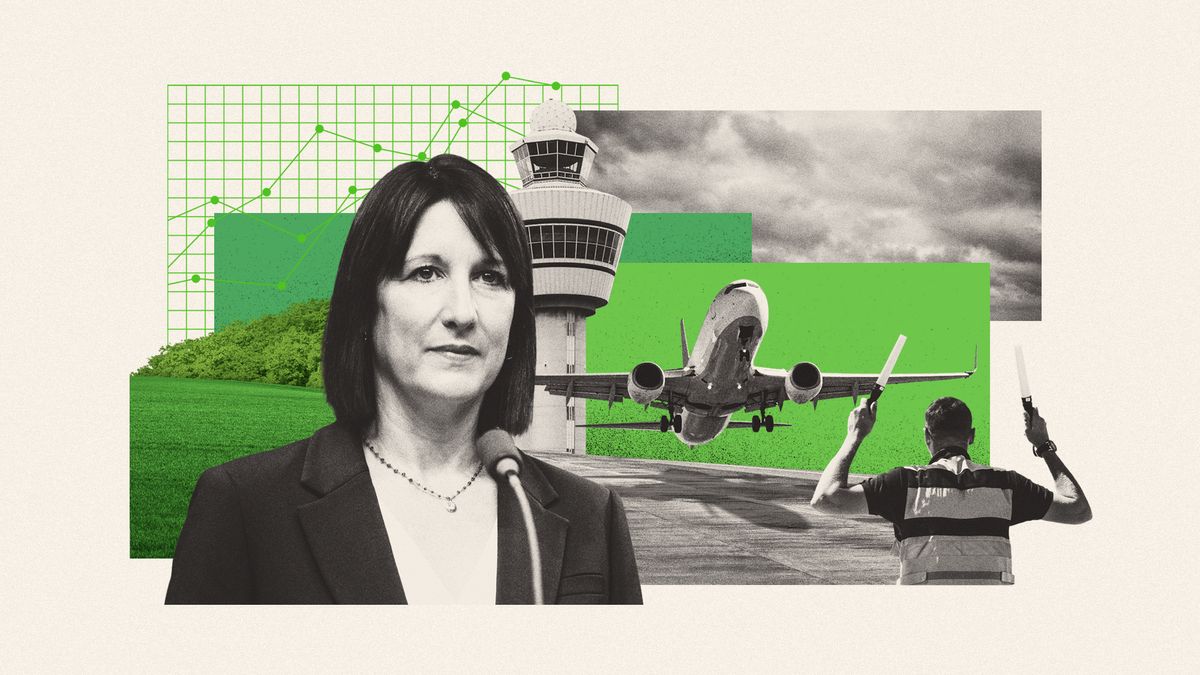Green vs. Growth: Labour's Airport Dilemma Sparks Heated Debate

In a significant move that balances economic growth with environmental considerations, the UK Government has signaled its support for expanding airport capacity in the southeast of England. The plan includes backing the long-debated third runway at Heathrow Airport, alongside potential expansions at Gatwick and Luton airports.
Despite mounting concerns about carbon emissions and the potential conflict with national climate targets, the government appears committed to boosting the country's aviation infrastructure. The decision comes after years of intense debate and environmental scrutiny, reflecting the complex challenge of maintaining the UK's global connectivity while addressing climate change.
The proposed Heathrow expansion, which has been a contentious issue for decades, represents a potentially transformative development for the UK's largest airport. Simultaneously, the green light for Gatwick and Luton airport expansions suggests a comprehensive approach to increasing air travel capacity in the southeast.
Environmental groups have already voiced strong opposition, arguing that the airport expansions could undermine the UK's ambitious carbon reduction goals. The government will likely need to present robust mitigation strategies to address these critical concerns and demonstrate a commitment to sustainable aviation development.
As the details of these airport expansion plans continue to unfold, the delicate balance between economic opportunity and environmental responsibility remains at the forefront of this significant infrastructure decision.
